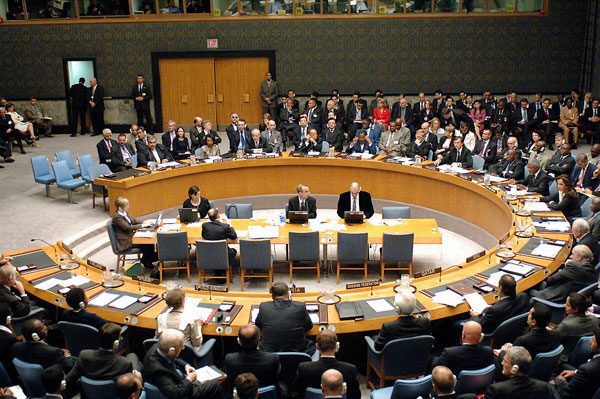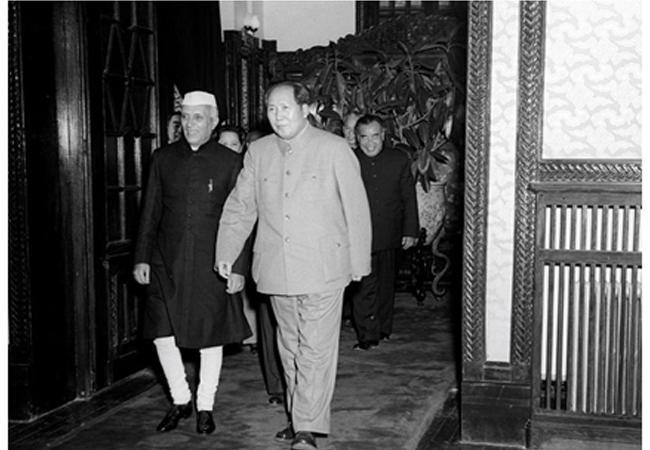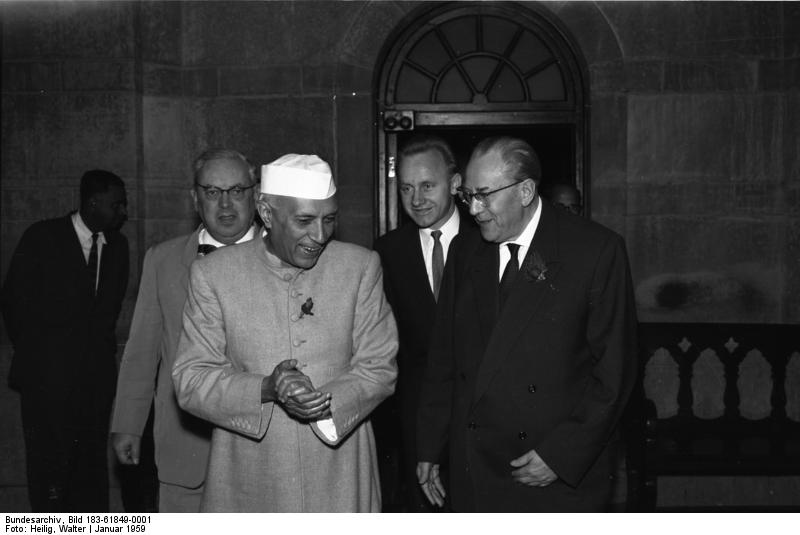India has been diplomatically persuading countries across the world for a permanent seat at United Nations Security Council (UNSC). However, a historical controversy has centered on the culpability of independent India’s first Prime Minister, Jawaharlal Nehru, in not seizing several alleged opportunities for India to join the United Nations Security Council as a permanent member in the 1950s.
The Controversy about Giving UNSC Permanent Seat to China
It will be hard to believe now but it was Shashi Tharoor a well-known Congress leader and parliamentarian, was among the first ones to stoke this controversy. Jawaharlal Nehru “declined a United States offer” to India to “take the permanent seat on the United Nations Security Council” around 1953 and suggested that it be given to China, as per non-other that Shashi Tharoor.
In his book, “Nehru — The Invention of India,” Shashi Tharoor writes that Indian diplomats who have seen files swear that Nehru declined the offer about the same time as he turned down “with scorn” John Foster Dulles’ support for an Indian Monroe Doctrine.
After the recent events of China putting a hold on a bid to ban Masood Azhar the leader of Pakistan based terrorist organization JeM (Jaishe-e-Mohammad), this debate has again come up to the front.
Nehru’s critics, then and now, accuse him of sacrificing India’s national interest on dubious grounds of international morality. The question, however, goes beyond Nehru’s reputation, as it provides rare insights into India’s relations with the United States and the People’s Republic of China (PRC) at the beginning of the Cold War.
The Reality of The UNSC Permanent Membership Offers to India

It is well documented that there were indeed two vague offers made to India, one by the US in 1950 and the second one by the Soviet Union in 1955.
The US “offer” came around the time when Mao took China as a communist republic. The Soviet Union “offer” came around the time of Nehru’s landmark visit to USSR that built the Indo-USSR friendship.
Since the US and USSR didn’t simultaneously offer anything, India did not have a surety of getting through with the prize. It was a cold war era. India was a non-aligned country then and still is to a large extent.
In Nehru’s time, India had no foreign policy and it was correct to say “Nehru had a foreign policy.”
Often, other politicians and the foreign office mandarins came to know about the policy when they heard Nehru speak on the issue.
Shashi Tharoor
India China Relations And UNSC Permanent Membership

The two offers given to India were about India getting the UNSC seat in place of China whose seat was given to a renegade Republic of China government based in Taiwan after the civil war. In both cases, the superpowers feared China for their own reasons.
If there was an identifiable core to Nehru’s foreign policy it was that China, whether it was communist or not, was going to be central to the post-war international world.
We all know that the same changed a few years later during the India-China war of 1961. Before 1961, China was one of the cornerstones of Nehru’s foreign policy.
Nehru’s UN Policy
To Nehru’s mind, the sound development of the UN required that it was truly representative of the world’s nation states. Hence it was logical that Chinese representation was held by the PRC and this was a key component of Nehru’s UN policy.
Nehru so adamantly made clear that India did not want to replace China in the UN Security Council, and furthermore, that the issue of China’s representation in the UN must take
priority over any possible consideration of India gaining a permanent seat in that body underlines the centrality of China to Nehru’s foreign policy.
Conclusion
The world during the 1950s was an entirely different place. There was not a certain but good chance that India could have secured permanent membership of the UN Security Council due to the prevailing geopolitical situation.
This, however, would have come at the cost of its relations with the People’s Republic of China. Looking in today’s context it may appear to be a mistake. A leader has to have a vision for the future and predict what it holds for a nation. In that context probably it indeed was a mistake.




